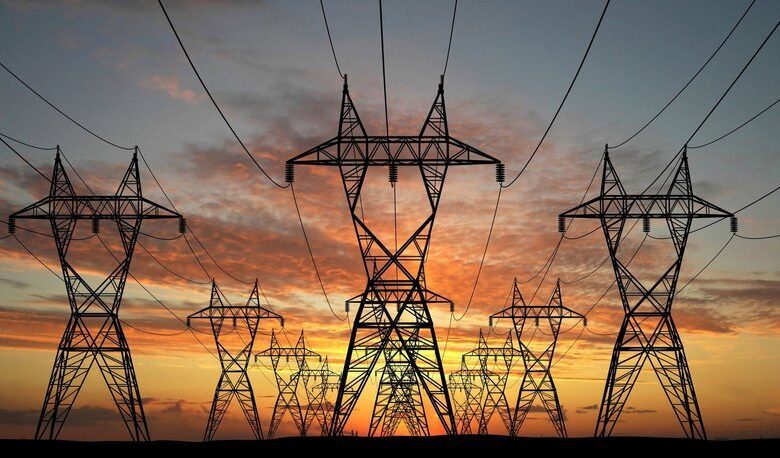
Kyrgyz authorities have clarified the reasons behind the country’s growing electricity deficit, as reported by Kazinform. The explanation came from Dairbek Orunbekov, head of the Presidential Administration’s Information Policy Service.
According to Orunbekov, Kyrgyzstan’s energy sector has long faced structural challenges. The country still relies heavily on hydropower plants built during the Soviet era—many of which are over 60–70 years old. Since independence, virtually no major new energy facilities have been constructed, while the population and electricity consumption have steadily increased. Rapid construction of factories, industrial sites and residential buildings has further intensified the burden.
He added that the problem is not new. Previously, deficits were covered by importing electricity from neighboring countries at high prices, while domestic consumers received it at subsidized rates. This model eventually led to significant state debt.
Reforms began in 2021 under President Sadyr Japarov, marking the start of large-scale efforts to improve energy security. The key project under construction is the 1,860-MW Kambar-Ata-1 hydropower plant, which is expected to transform Kyrgyzstan into a net exporter of electricity.
Small and medium-sized hydropower stations are also being developed nationwide. Eight stations with a combined capacity of 48.84 MW were commissioned in 2024, and additional facilities totaling 41.29 MW are scheduled for completion this year. Large hydropower plants are undergoing modernization and are already showing improved performance.
By 2030, dozens of new hydropower facilities are planned across the country.
Orunbekov emphasized that the current shortages are temporary and represent a period of transition. As ongoing projects are completed, Kyrgyzstan will gradually eliminate the deficit and achieve long-term energy resilience.
Kyrgyzstan remains under a state of emergency in the energy sector until late 2026. Officials have warned that upcoming winters will be particularly challenging and have urged the public to conserve electricity. The country’s current deficit is being covered by imports.



